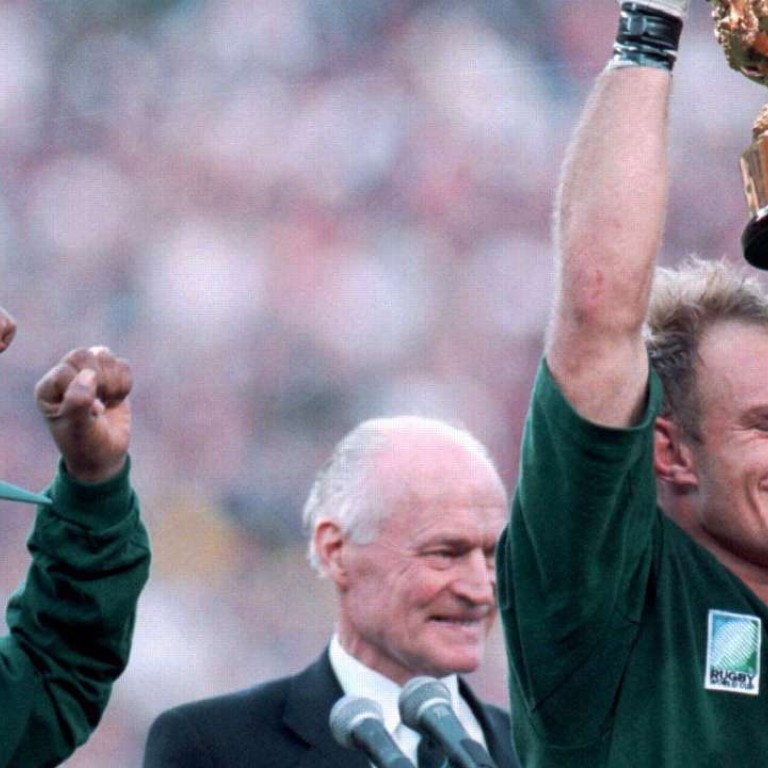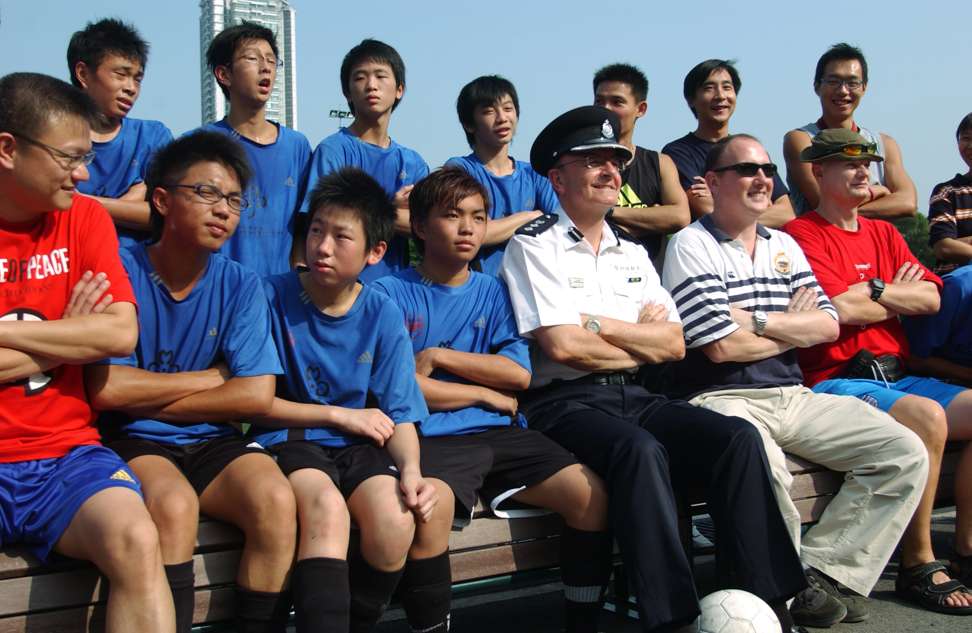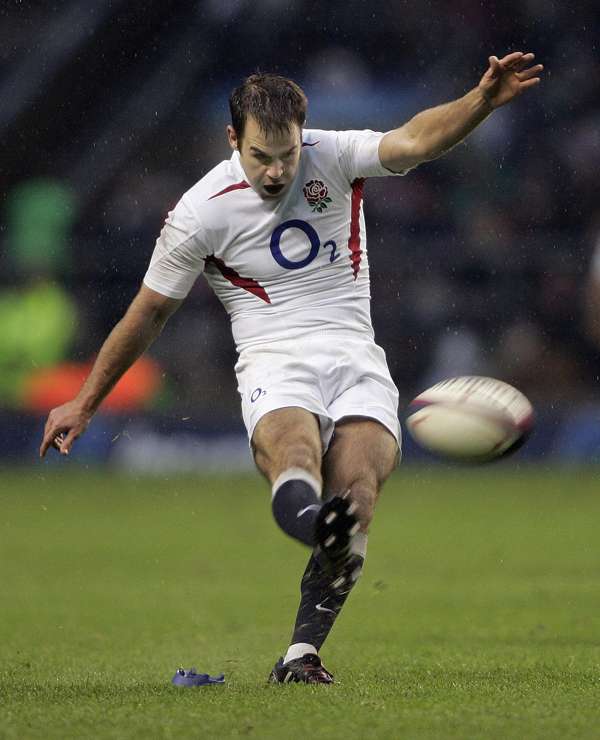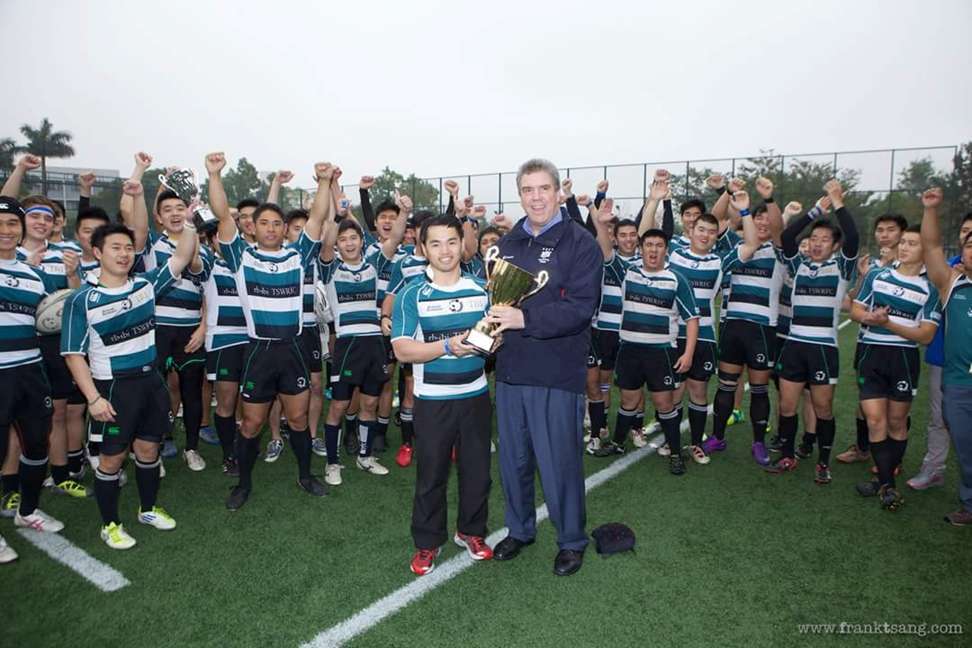
Legends’ insight on power of sport to change lives shows Hong Kong Sevens is not just a drunken party
A host of all-time greats share their insights at an inspirational event ahead of this year’s shindig
Usually we find the SCMP.com commenters to be more enlightened and articulate than some of the mouth-breathers other lesser publications attract.
So it was surprising to read some of the borderline racist remarks on our Sevens build-up coverage this week. Apparently the event is nothing more than an excuse for drunken gweilos to move their standard raping and pillaging from Wan Chai to Hong Kong Stadium.
As anyone who’s actually been to the event knows, that’s not entirely true. Yes, the South Stand can be a cross between Caligula’s 21st birthday party and a stag do in ninth-century Norway, but most of the rest of the stadium is actually interested in the rugby, catching up with old friends, and yes, perhaps getting a bit merry along the way.

And the event funds some terrific programmes using the power of sport to help society. Incoming new HKRU chief executive Robbie McRobbie, a former police officer, has long pushed such initiatives, and has been a key player in Operation Breakthrough, the charity that helps give troubled kids structure and discipline in their lives through sport.
The union’s Community Foundation held a fascinating event on the Value of Sport the day before this year’s shindig kicked off, with a host of sporting legends involved.
They heard from Andy Barrow, the Great Britain Paralympian who fought back from a spinal cord injury that left him a paraplegic at 17 to captain GB’s wheelchair rugby team, on overcoming adversity through sport.

“I can stand before you and say I have united the whole people of Ireland through sport, because when I scored a try against England in the mid-1980s, in the prison in Northern Ireland that housed paramilitary prisoners from both sides, both wings of the prison cheered,” he said.
“And three years later when an English winger scored three tries against me the people of Ireland were united again in saying, ‘Get rid of him, he’s useless!’”
Two greats from England’s Saracens club, Charlie Hodgson and Neil de Kock, spoke about their team’s prison and young offenders initiatives. Hodgson said less than 10 per cent of youngsters involved in their programme reoffend, compared to some 70 per cent in Britain as a whole, saving the government perhaps £1 million a year.
They were joined by the founder of Operation Breakthrough, Ian Seabourne, who for some 21 years has been helping prevent young offenders in Hong Kong from reoffending by getting them involved in sport.
At a lunch after the workshops, legends of sport working with the Laureus Foundation charity – five-time Olympic gold-medal winner Steve Redgrave, four-time Olympic gold gymnast Li Xiaopeng, and rugby greats Sean Fitzpatrick, Jean de Villiers and Andrew Mehrtens – spoke of the powerful impact they’d seen sport make in their own lives.

“It was really the first time the country came together as one,” De Villiers said.
Fitzpatrick shared stories of visiting some of South Africa’s toughest prisons and seeing a little light, through sport, return to the eyes of children traumatised by their involvement in drug wars.
The entertaining Mehrtens – “there’s a place for everybody in rugby, tall and lanky, short and fat, and people who can’t do anything but talk, like me” – provided some levity but also insightful memories into how his headmaster father used sport to guide kids in some of the rough schools at which he taught.
We’d use a tired cliche and call the morning “inspirational”, had Barrow not stressed the importance of “motivation rather than inspiration” – i.e, actually doing something to make a difference rather than just feeling good about yourself for a while.
Perhaps next year the union could stream the event on YouTube or similar, to help convince some of the online trolls of the value of sport.
Oh, and as an aside, it was a pity no government representatives, apart from a few interested officials from the Correctional Services Department, could find time to attend – they too might have learned something about the value of sport to Hong Kong society.

